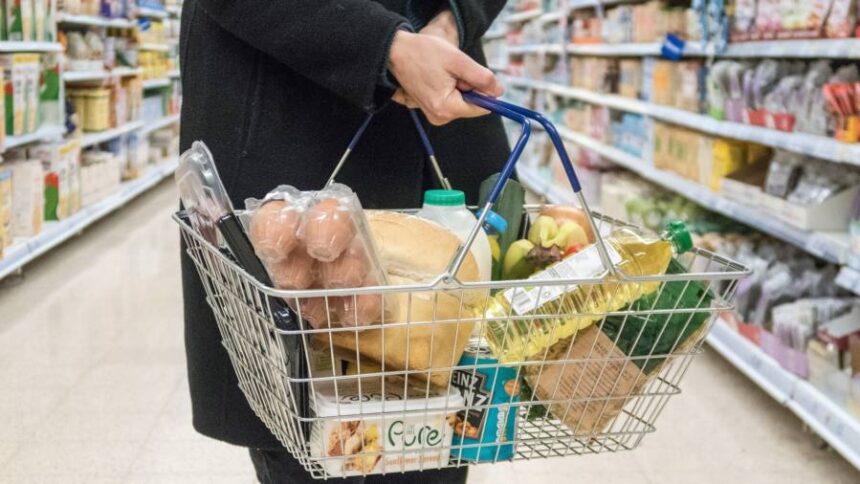Receive free UK politics & policy updates
We’ll send you a myFT Daily Digest email rounding up the latest UK politics & policy news every morning.
UK ministers have delayed a new £1.7bn a year recycling scheme until after the next general election following warnings from manufacturers that it would increase already high food and drink prices.
The Department for Environment, Food and Rural Affairs said on Tuesday that the extended producer responsibility for packaging scheme would be deferred “for one year” to 2025.
Originally due to take effect in 2024, the EPR would make companies responsible for the costs of collection, sorting, recycling and disposal of packaging waste.
The delay to the EPR — which the Financial Times last week reported was imminent — marks the latest government environmental policy to be kicked into the long grass. Others put off include a long-awaited biomass strategy, a relaxation of the planning system for onshore wind farms and the introduction of a deposit return scheme for bottles.
UK prime minister Rishi Sunak indicated on Monday that he was ready to soften the government’s green policies, as he looks to draw a dividing line between the Conservatives and Labour on environmental issues ahead of the general election expected next year.
Environmental groups had expressed concern at the prospect of a delay, which retailers, manufacturers and food producers had urged. They said the scheme risked increasing household bills amid the cost of living crisis, and welcomed confirmation the postponement.
Andrew Opie, director of food and sustainability at trade body the British Retail Consortium, said the government had made the right decision because the EPR “would simply drive up food prices without delivering the improvements in recycling everybody wants”.
Karen Betts, chief executive of the Food and Drink Federation, called the move a “bold decision to go back to the drawing board”.
But some companies in the packaging and waste management sectors, and MPs criticised the move, with Adam Read, chief external affairs and sustainability officer at Suez, warning that the UK’s indecision was creating “real challenges”.
“The current EPR framework provides us with a great opportunity for our industry to invest in new services and infrastructure. However, constant delays by the government are preventing us from taking the next step,” said Read.
Meanwhile, Lucas van der Schalk, chief executive of plastics group Corplex, said the gap between the EU and UK’s approach to recycling was constantly widening and that governments in EU countries had been able to “normalise a culture of reuse through effective deposit return schemes”.
“It is beyond worrying that the Westminster government is falling so far behind other countries — with the public, businesses and the environment bearing the burden,” he said.
Philip Dunne, Tory MP and chair of the House of Commons environmental audit committee, said: “This latest delay is regrettable and sends a poor signal to those looking for the government to implement its long-term plans to address consumer and producer waste.”
The environment department said work was “ongoing to deliver” the EPR, adding: “We’re continuing to engage closely with manufacturers, retailers, and packaging companies on its design and timelines. Full details will be set out in due course.”








